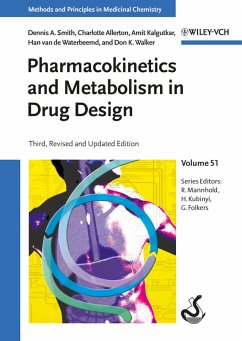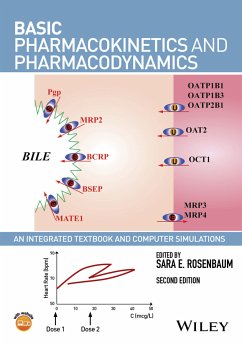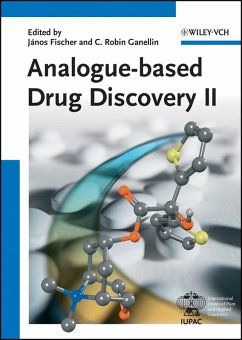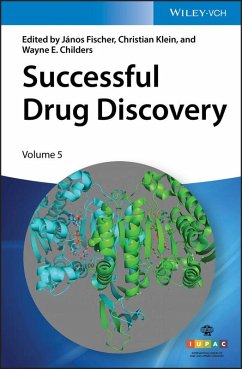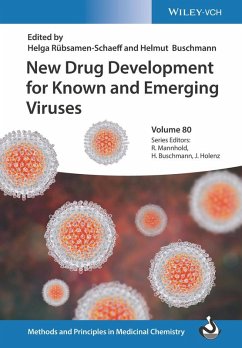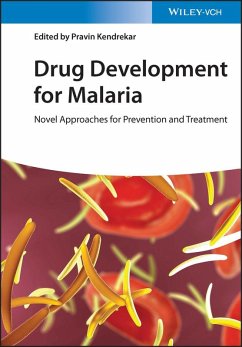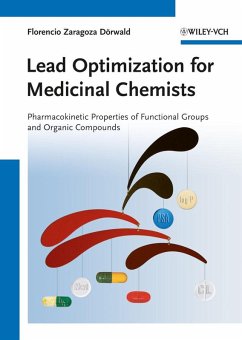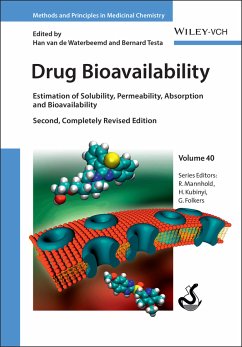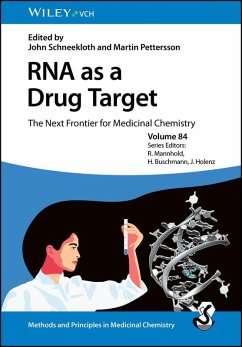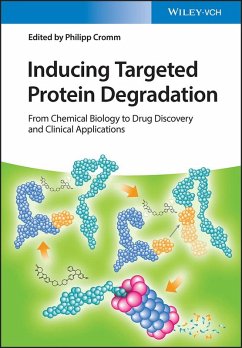
Pharmacokinetics and Metabolism in Drug Design (eBook, ePUB)
Versandkostenfrei!
Sofort per Download lieferbar
124,99 €
inkl. MwSt.
Weitere Ausgaben:

PAYBACK Punkte
0 °P sammeln!
In this new edition of a bestseller, all the contents have been brought upto-date by addressing current standards and best practices in the assessment and prediction of ADMET properties. Although the previous chapter layout has been retained, substantial revisions have been made, with new topics such as pro-drugs, active metabolites and transporters covered in detail in a manner useful to the Drug Discovery scientist. The authors discuss the parameters and processes important for the absorption, distribution and retention of drug compounds in the body, plus the potential problems created by th...
In this new edition of a bestseller, all the contents have been brought upto-date by addressing current standards and best practices in the assessment and prediction of ADMET properties. Although the previous chapter layout has been retained, substantial revisions have been made, with new topics such as pro-drugs, active metabolites and transporters covered in detail in a manner useful to the Drug Discovery scientist. The authors discuss the parameters and processes important for the absorption, distribution and retention of drug compounds in the body, plus the potential problems created by their transformation into toxic byproducts. While aimed at all those dealing professionally with the development and application of pharmaceutical substances, the readily comprehensible style makes this book equally suitable for students of pharmacy and related subjects. Uniquely comprehensive, the book relates physicochemistry and chemical structure to pharmacokinetic properties and ultimately drug efficacy and safety.
Dieser Download kann aus rechtlichen Gründen nur mit Rechnungsadresse in D ausgeliefert werden.



